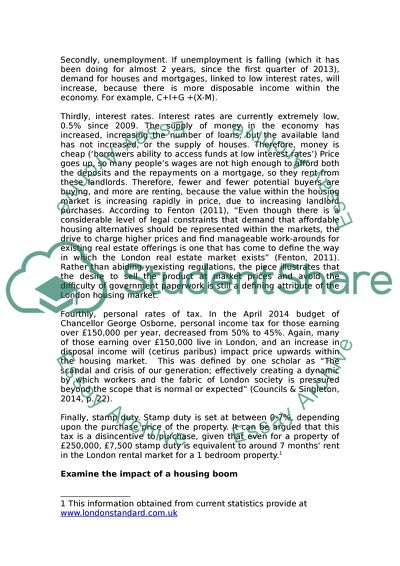The Impact of a Housing Boom on the Economy Essay. https://studentshare.org/macro-microeconomics/1846715-identify-the-factors-that-influence-the-demand-for-housing-in-a-country-of-your-choice-and-examine-the-impact-of-a-housing-boom-on-the-economy-of-your-chosen-country
The Impact of a Housing Boom on the Economy Essay. https://studentshare.org/macro-microeconomics/1846715-identify-the-factors-that-influence-the-demand-for-housing-in-a-country-of-your-choice-and-examine-the-impact-of-a-housing-boom-on-the-economy-of-your-chosen-country.


